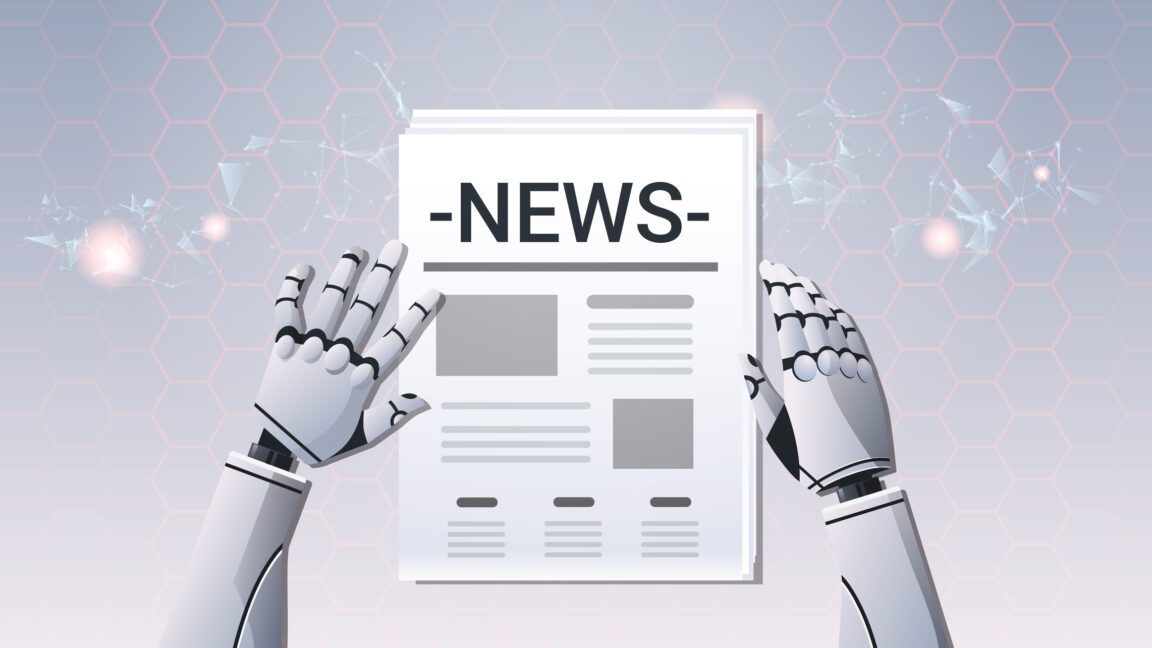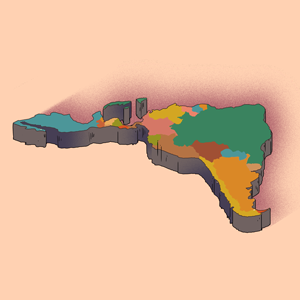Global recession on the cards
Also: Stocks suffered their biggest one-day drop since 2020, JPMorgan says “There will be blood.”

- In today’s CEO Daily: Geoff Colvin on the effect of Trump’s tariffs on corporate profits.
- The big story: Forecasters eye a global recession.
- The markets: Worst since Covid in 2020.
- Analyst notes from JPMorgan, Wedbush, UBS, and Oxford Economics on the risk of economic contraction under the new global trade rules.
- Plus: All the news and watercooler chat from Fortune.
Good morning. Today’s worldwide economic chaos, sparked by President Trump’s new tariffs, may be shocking, but it isn’t new. A similar story played out eight years ago, in Trump’s first term as president. A look at what he did, and the repercussions that followed, is instructive for business leaders, investors, and consumers. And it is by no means encouraging.
Unlike in his current term, Trump back then didn’t immediately launch a trade war. He devoted his first year as president to easing business regulation and getting a historic tax cut through Congress. CEOs were jubilant. But then, in January of his second year, he showed why he had declared himself Tariff Man. He imposed tariffs on China and then quickly broadened tariffs to more countries. The party was over. Specifically:
Tariffs helped a few U.S. companies but also injured thousands of others. For example, Trump imposed tariffs on imported steel—great for the handful of U.S. steelmakers but a painful cost increase for the thousands of U.S. manufacturers that use steel. Expand the steel example across the economy and the result was a hard punch to profits. During Trump’s first year in office (2017), before he imposed tariffs, U.S. corporate profits rose 8%. In the following five quarters, with tariffs, profits lurched into reverse, shrinking 1.5%, annualized.
Stock prices got whacked. From Trump’s 2016 election until tariffs began in January 2018, the S&P 500 rose at a 27.3% annualized pace. But with tariffs added, the S&P rose at just 3.8% annualized (January 2018 to November 2019).
CEOs reversed their view of Trump. Immediately after Trump won in 2016, bosses raised their confidence as measured by the Conference Board, and confidence varied slightly up and down around that new level during Trump’s first year in office. But soon after he declared his trade wars, CEO confidence plunged to levels not seen since the worst days of the financial crisis in 2008-09.
Note that Trump is executing his main economic policies in the reverse order he followed in his first term. Back then he got the tax bill done first, then turned to tariffs. Now, having declared a historic trade war, he will spend much of 2025 on that tax bill, many elements of which are scheduled to sunset on December 31. He will try to keep that bill’s tax cuts and even cut taxes further. If he succeeds, he might regain his currently ebbing support from business leaders, investors, and consumers. But that’s a big “if” and a big “might.” — Geoff Colvin
More news below.
Contact CEO Daily via Diane Brady at diane.brady@fortune.com
This story was originally featured on Fortune.com


![How to Find Low-Competition Keywords with Semrush [Super Easy]](https://static.semrush.com/blog/uploads/media/73/62/7362f16fb9e460b6d58ccc09b4a048b6/how-to-find-low-competition-keywords-sm.png)

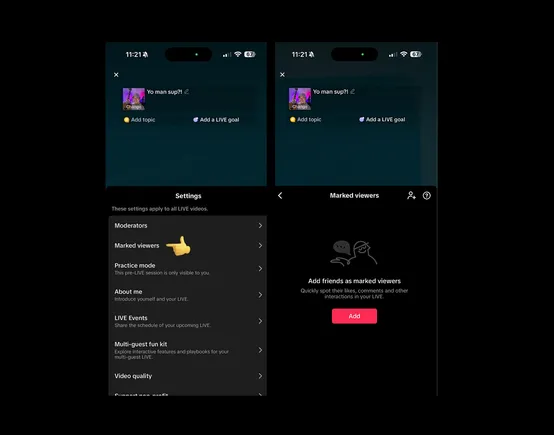

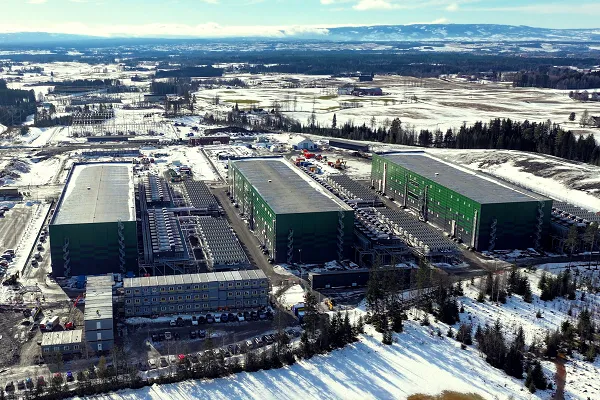

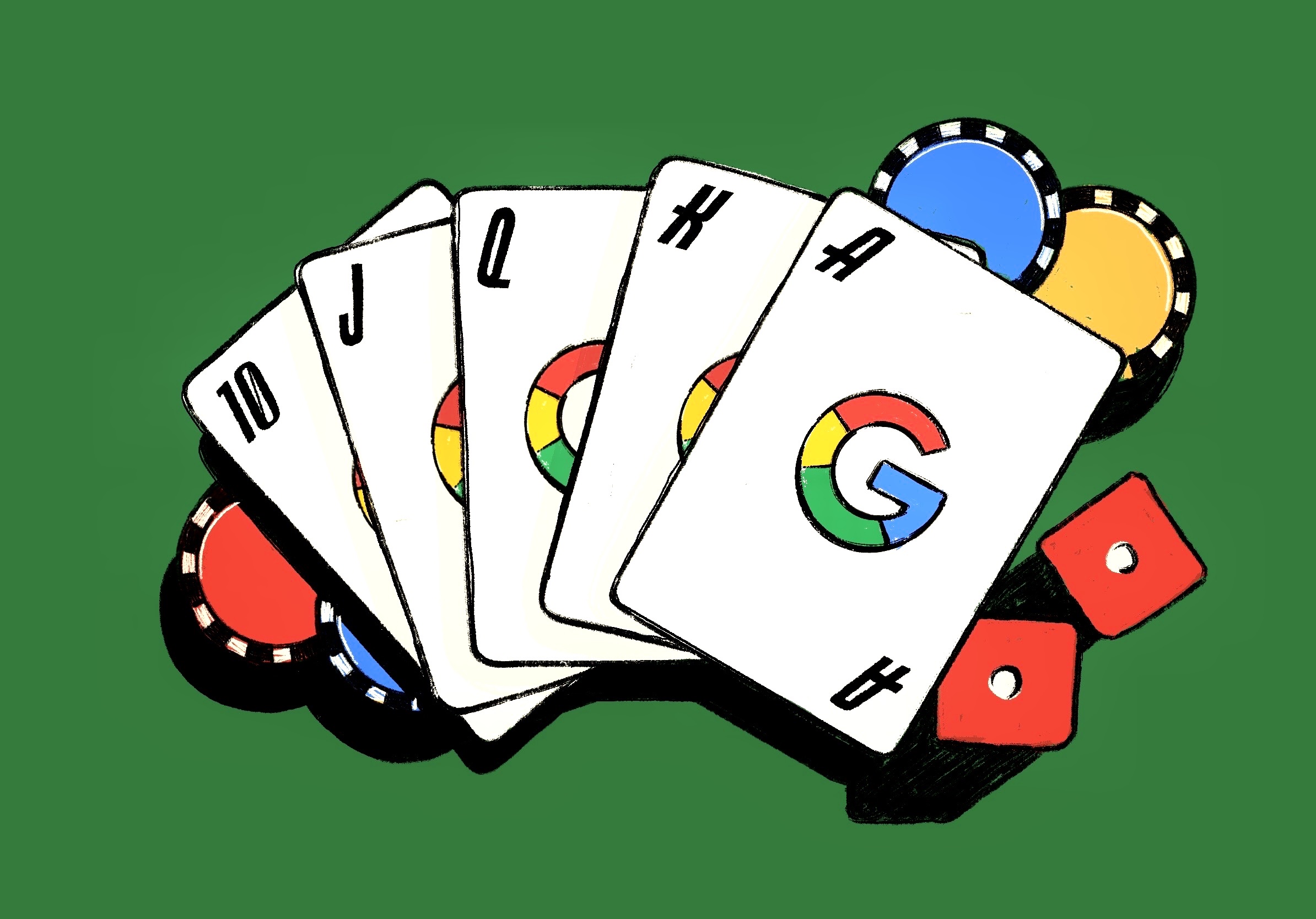
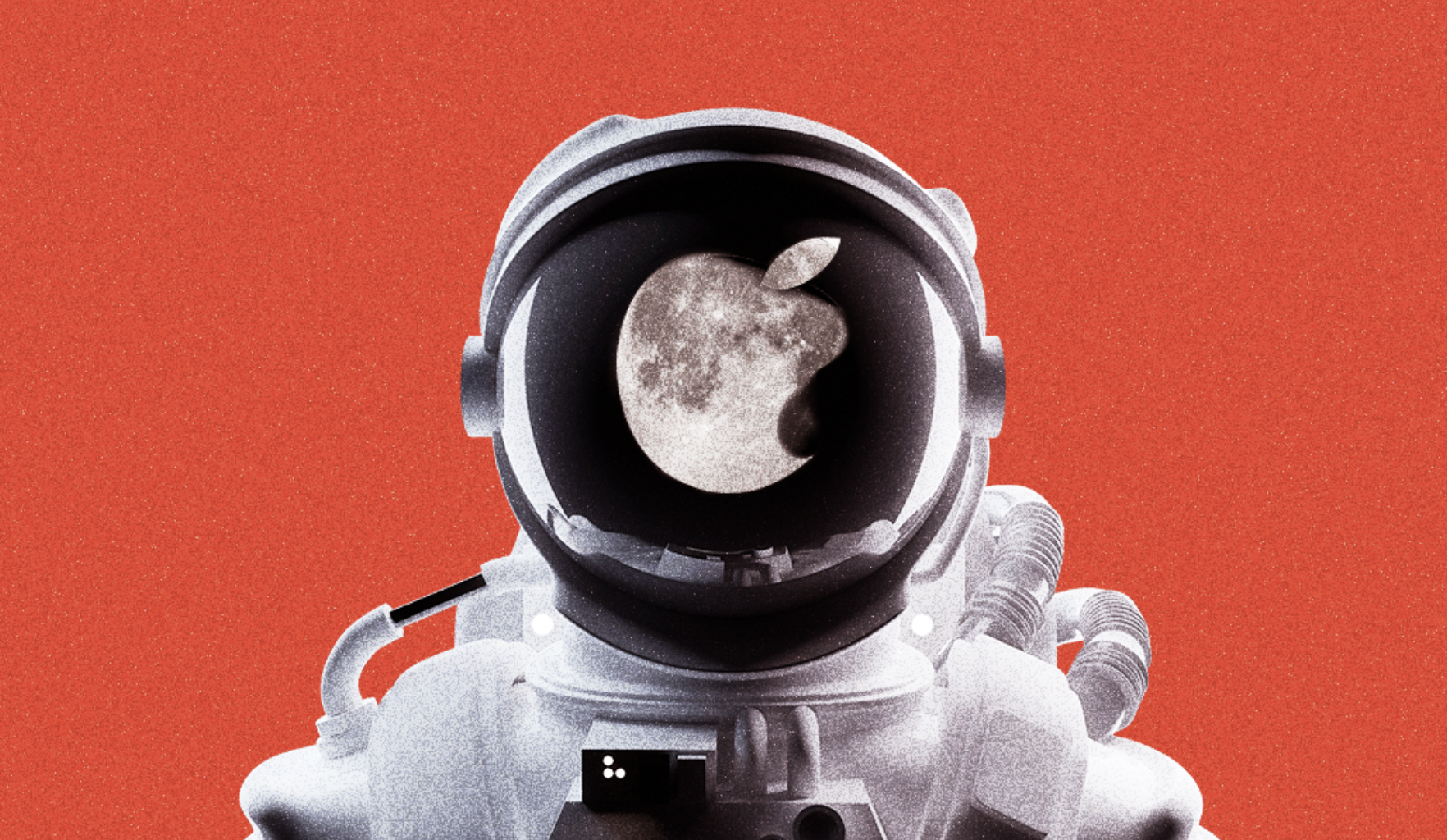














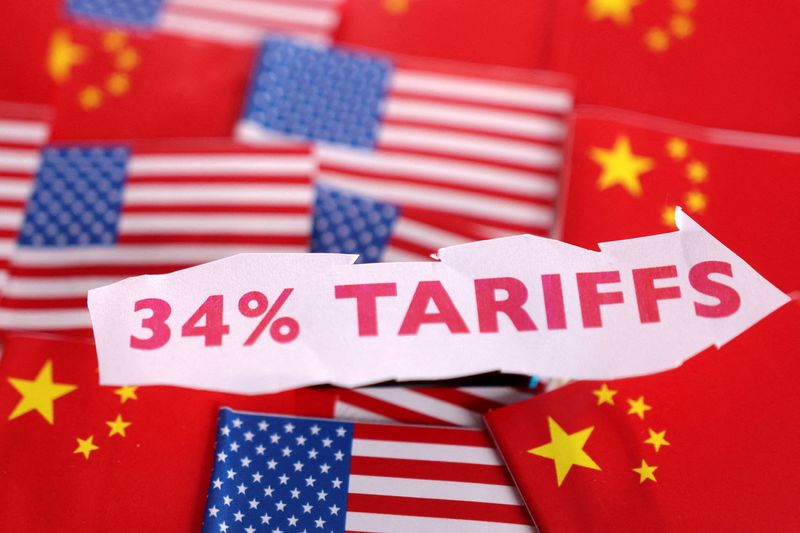
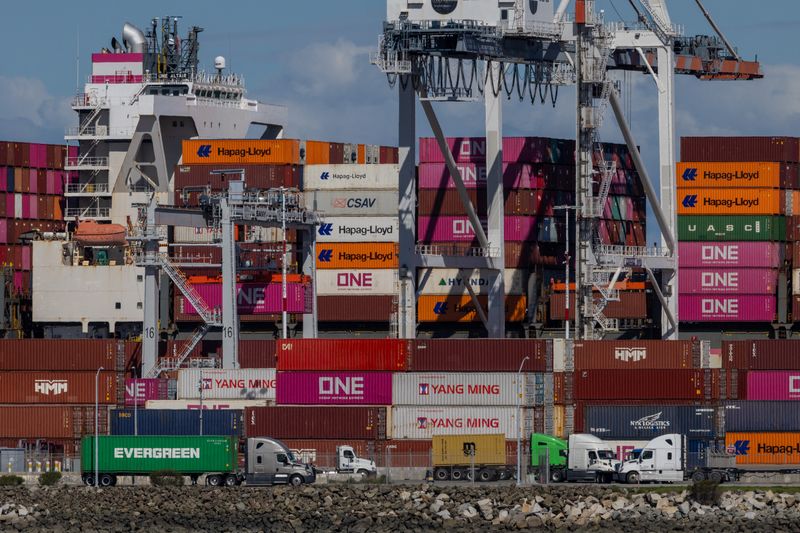
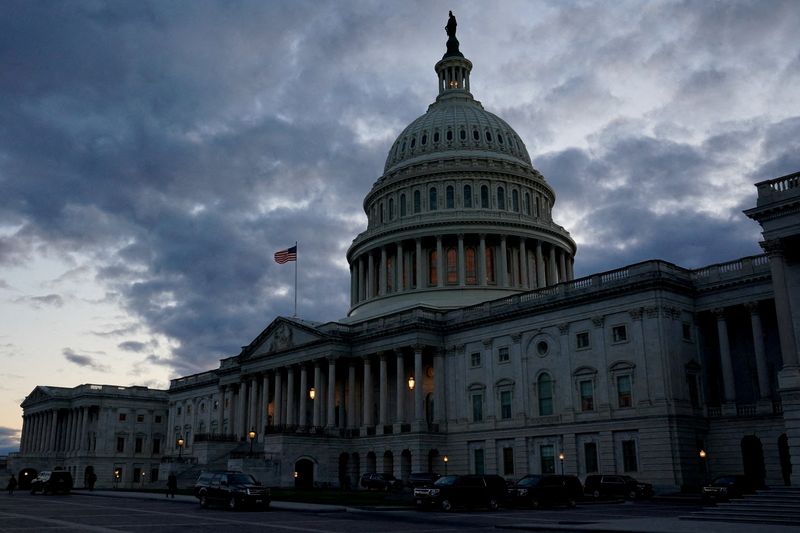
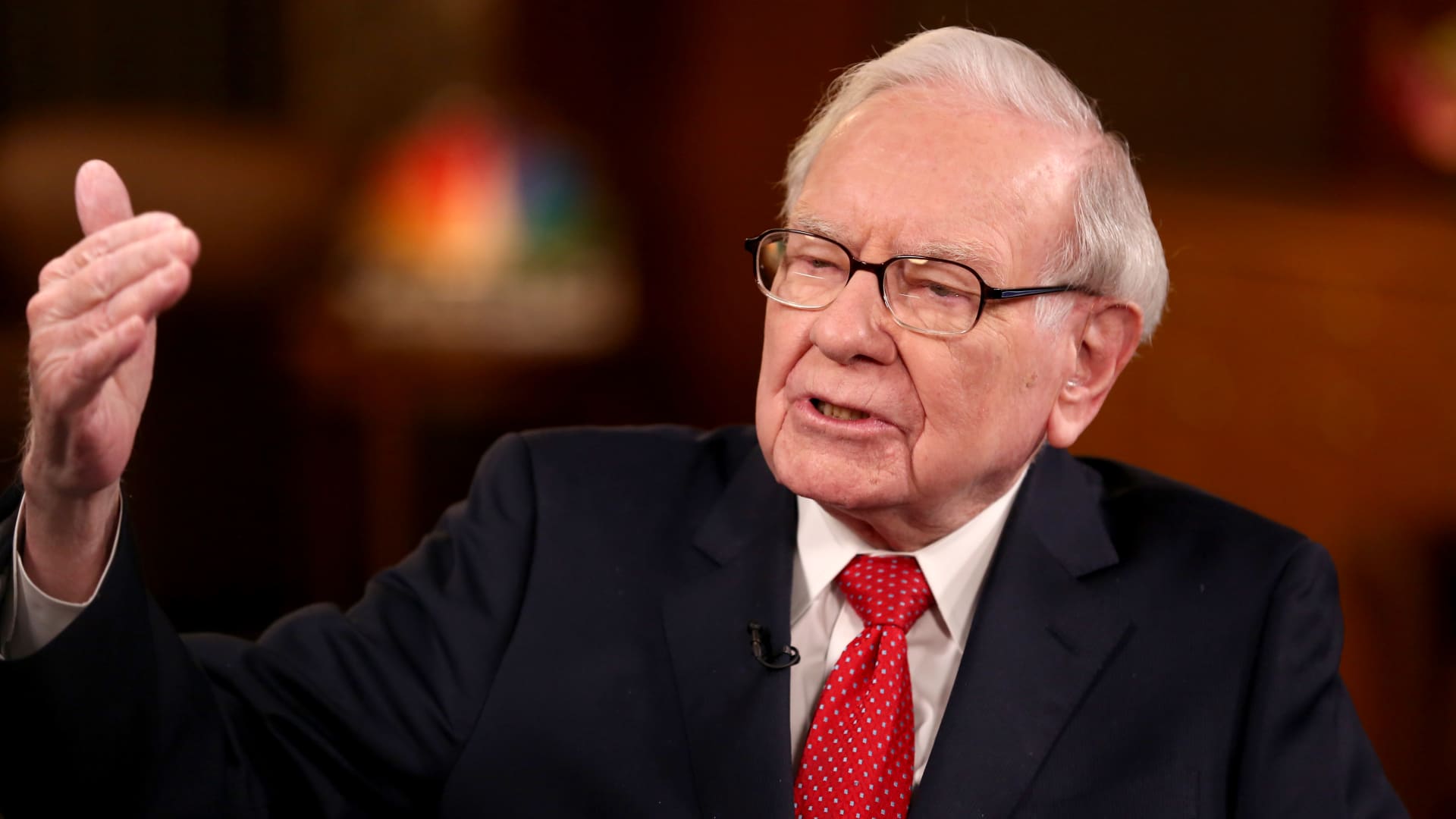















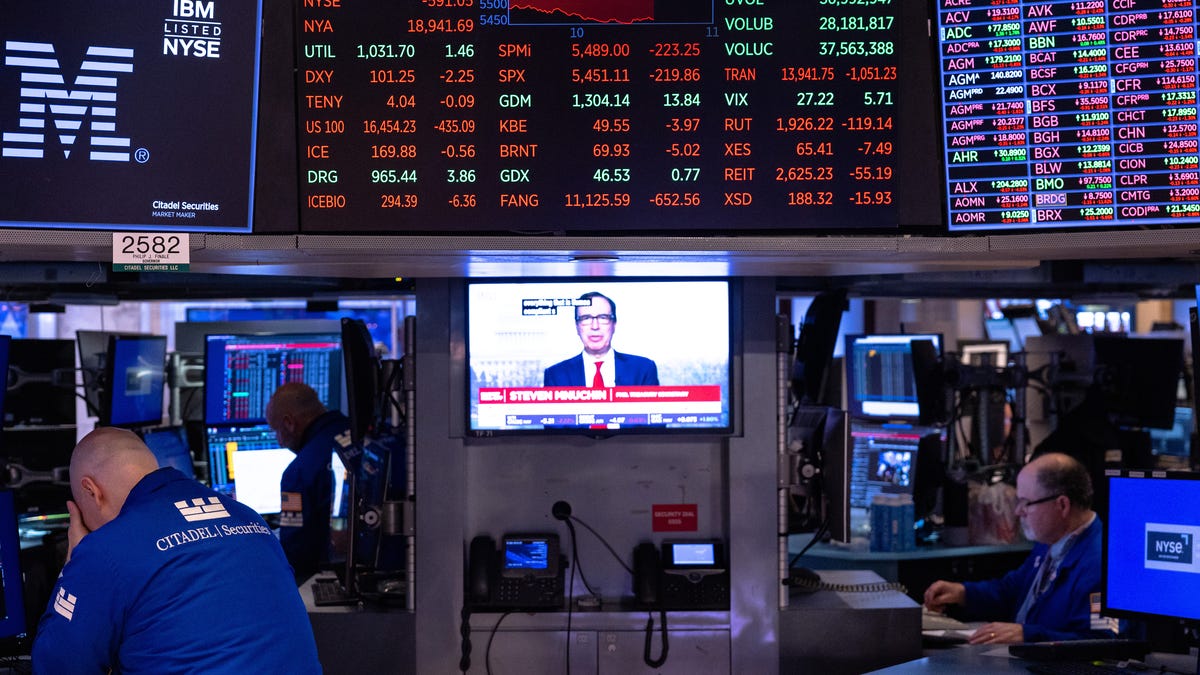





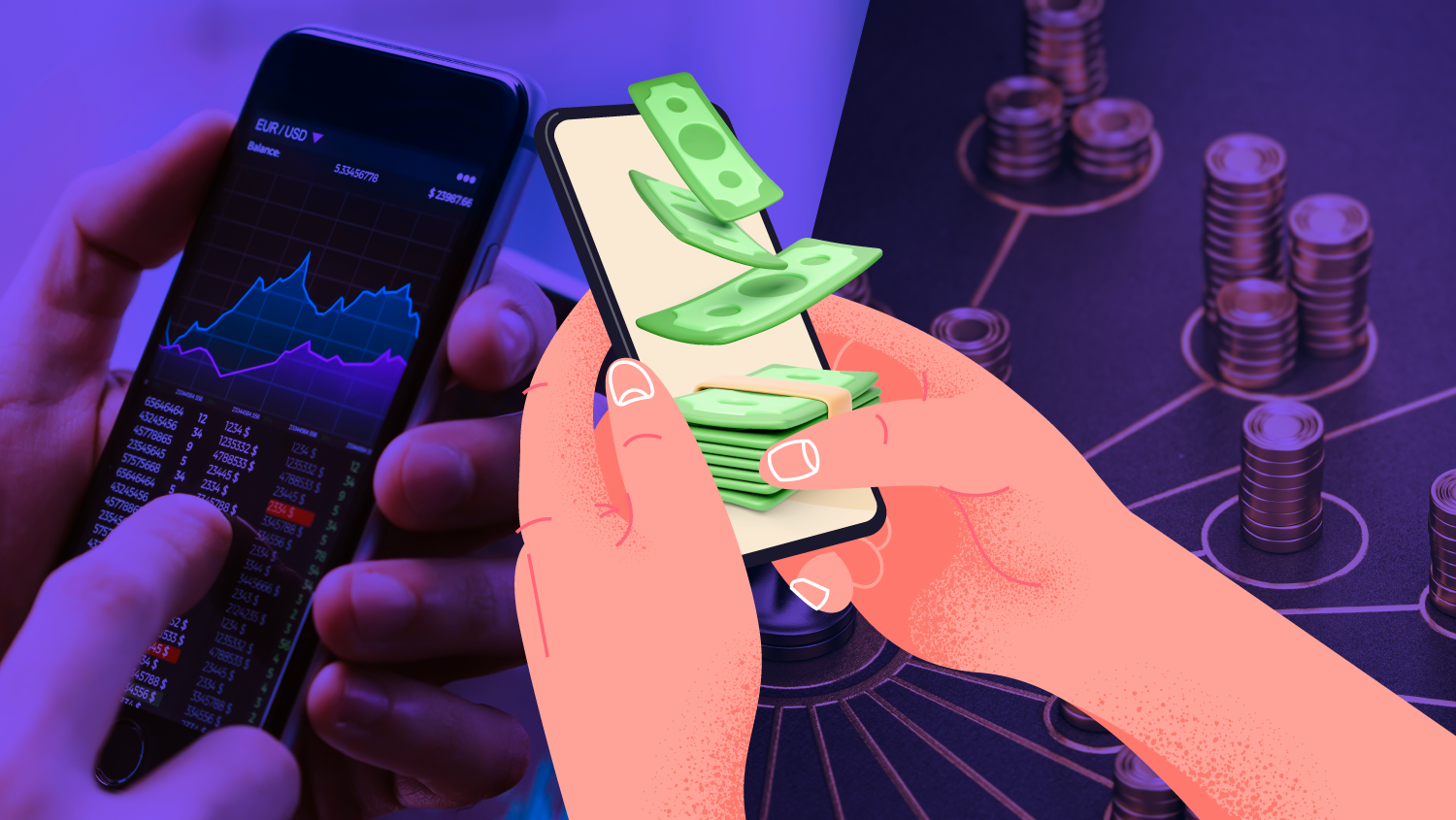





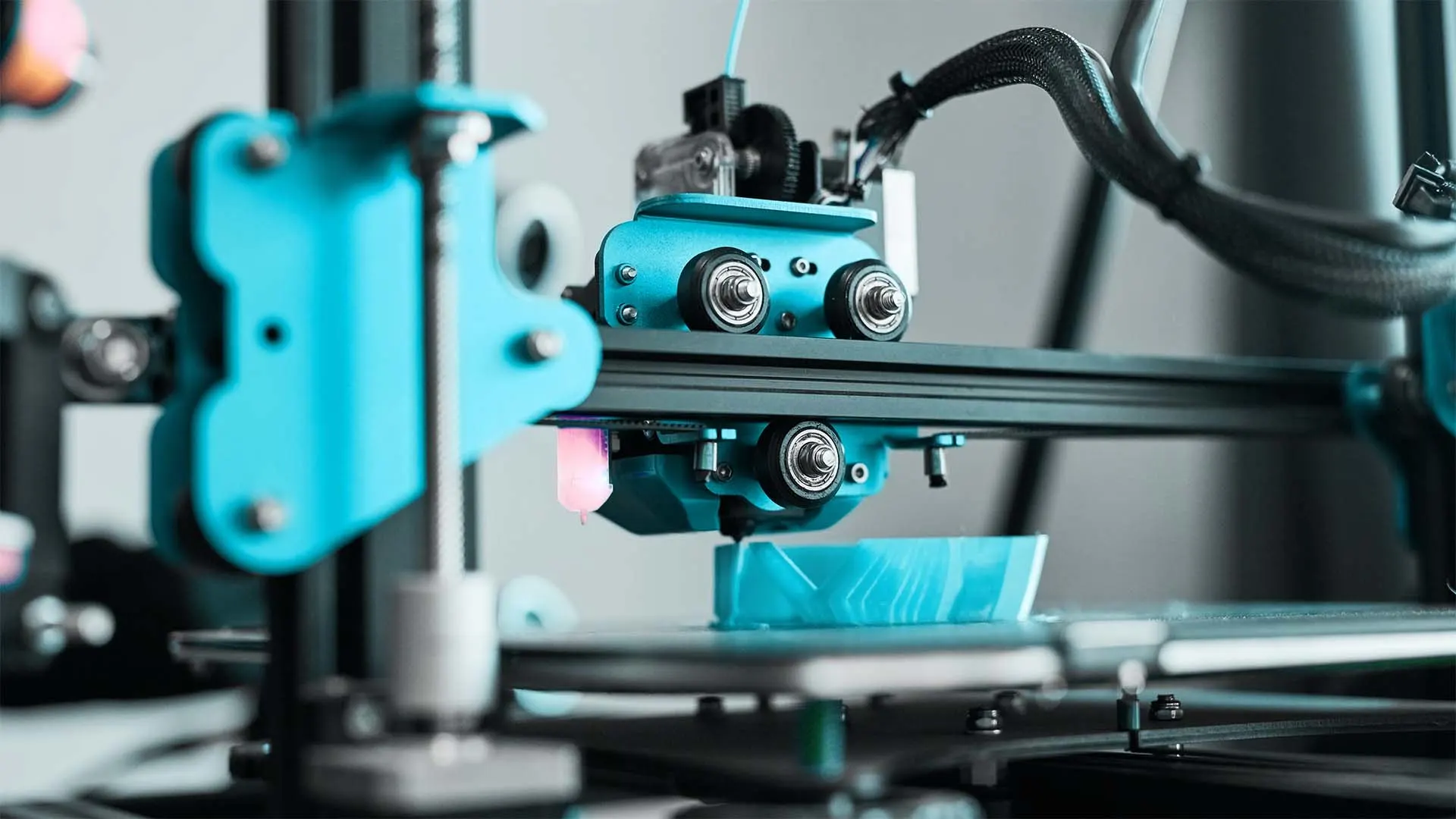
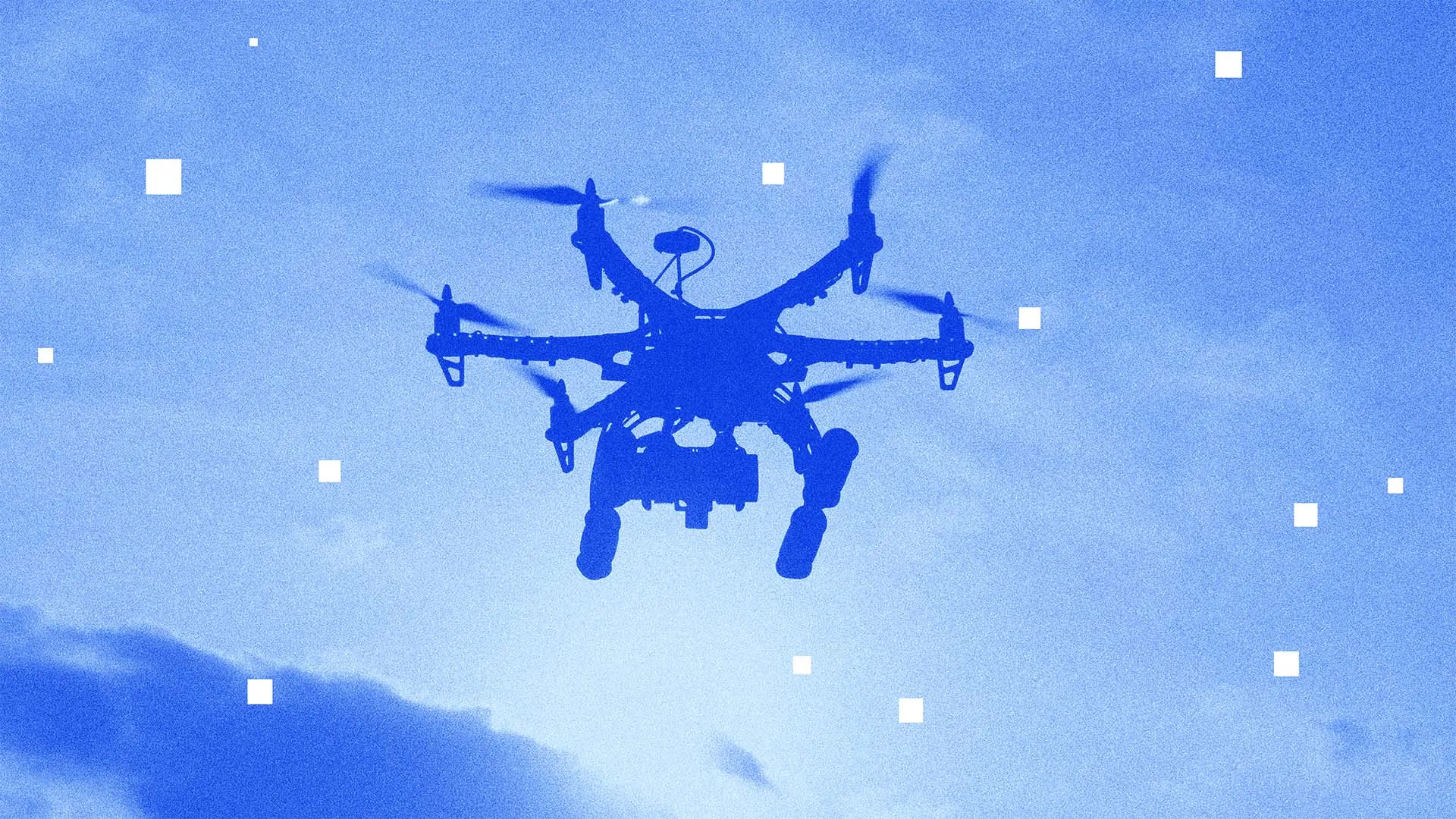
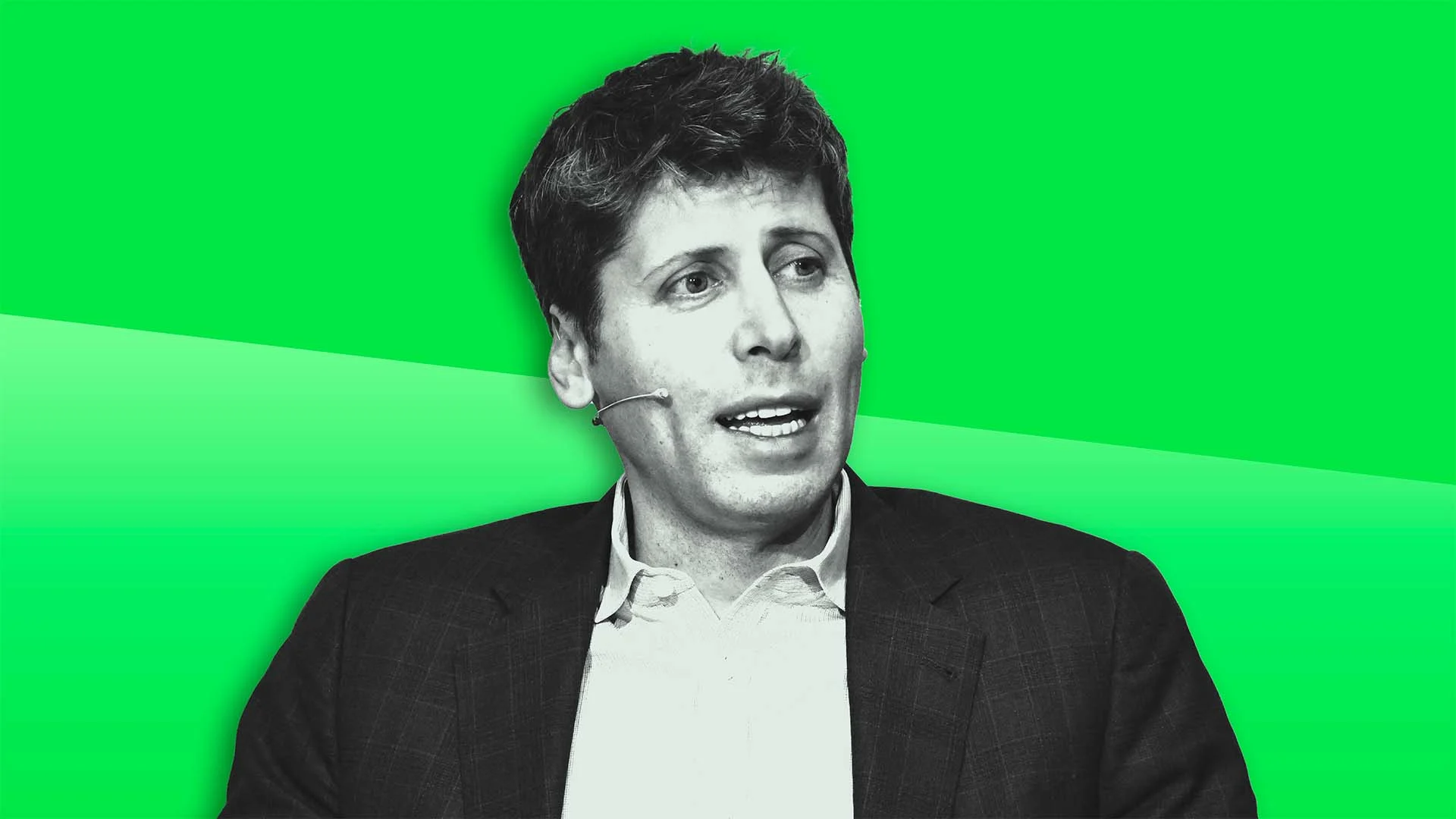
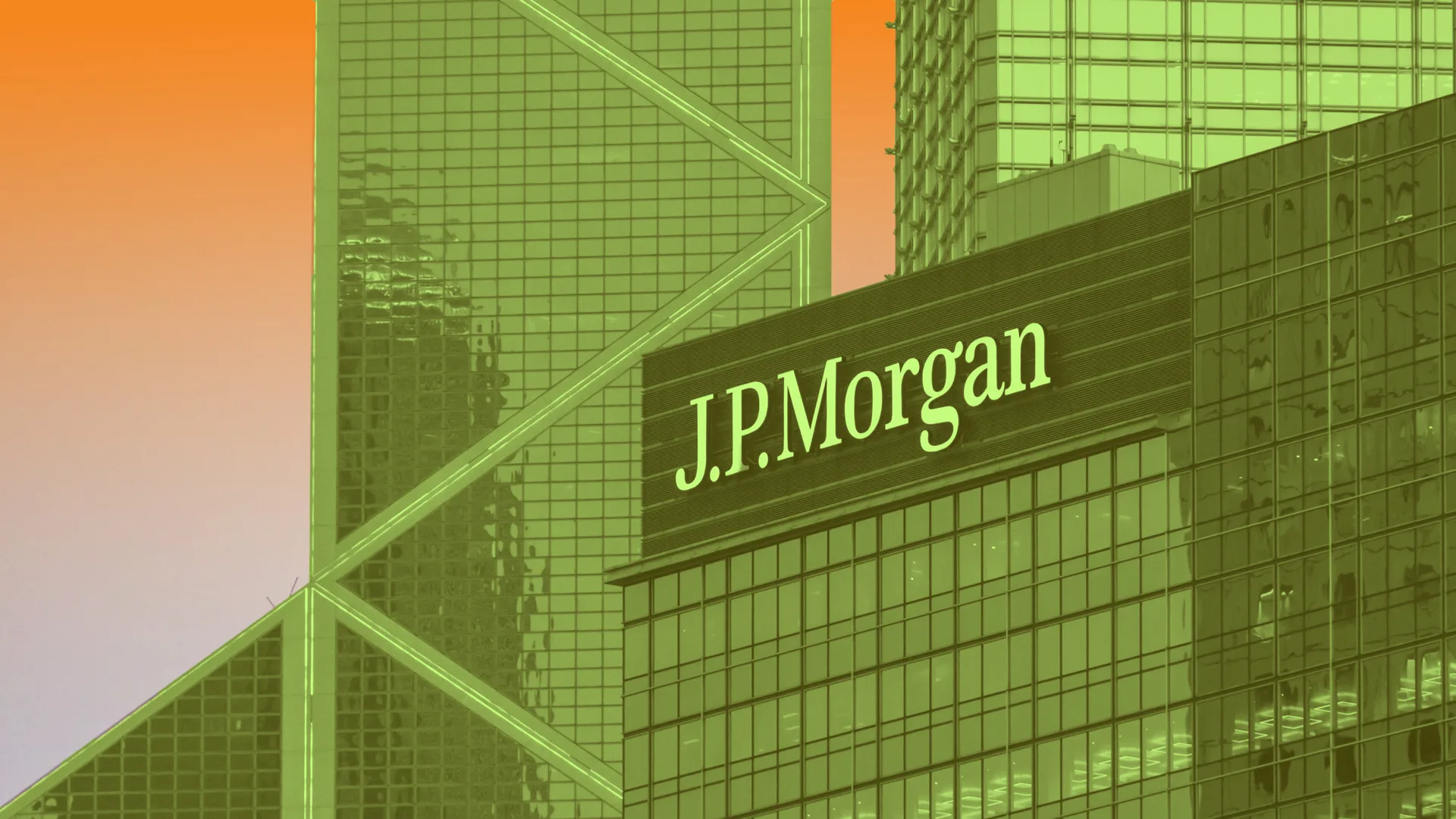
















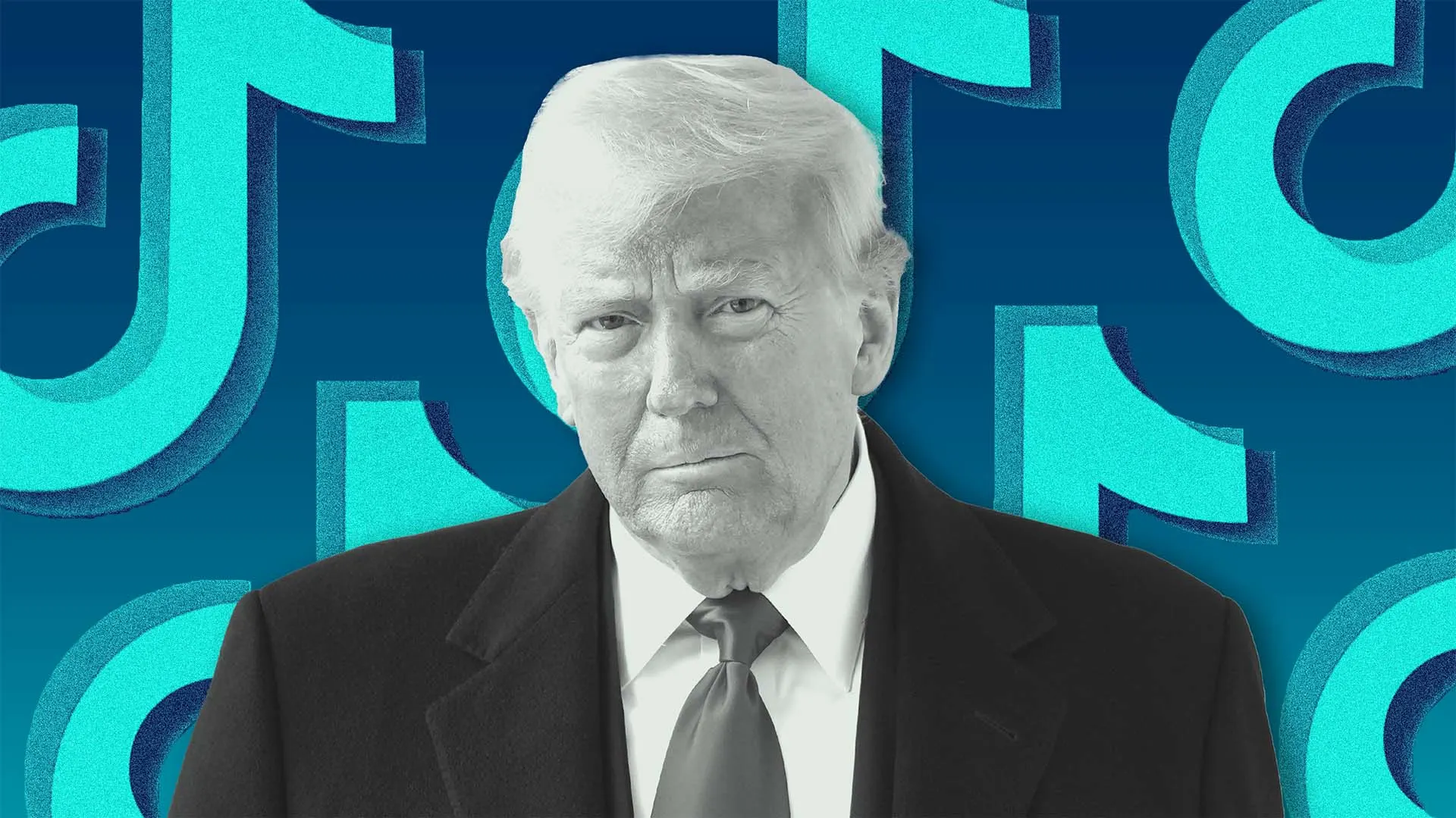












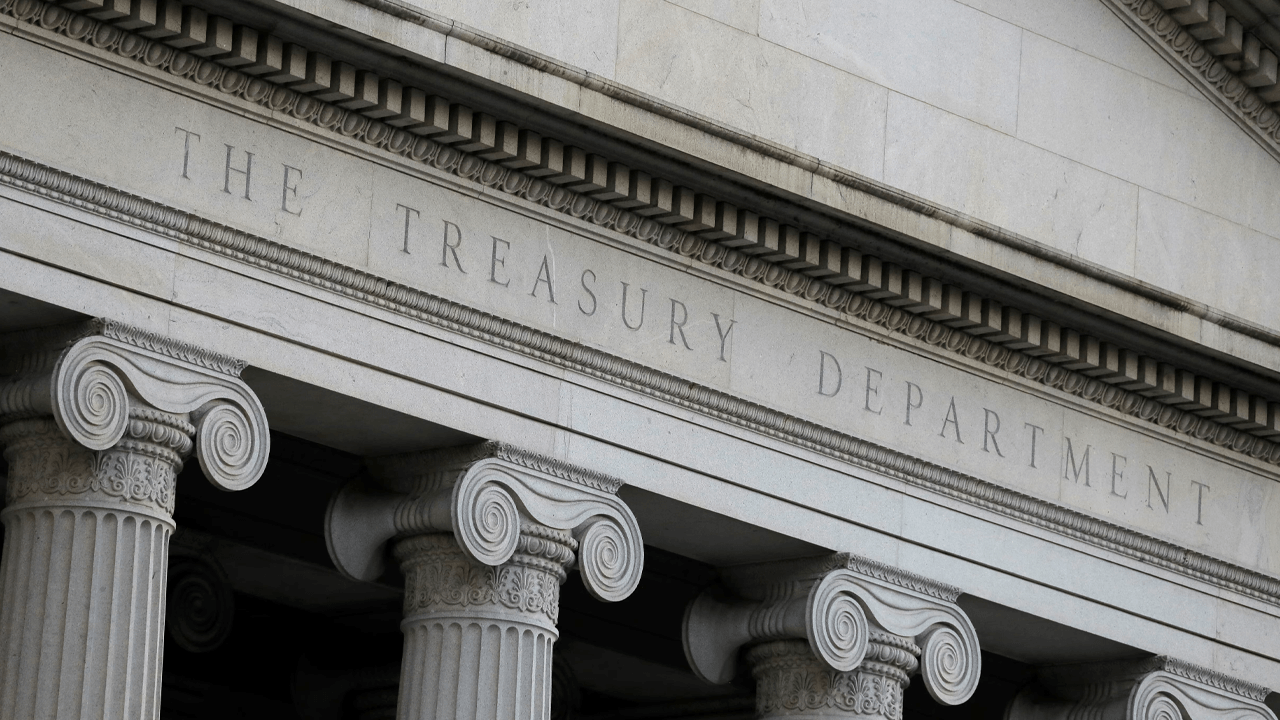



















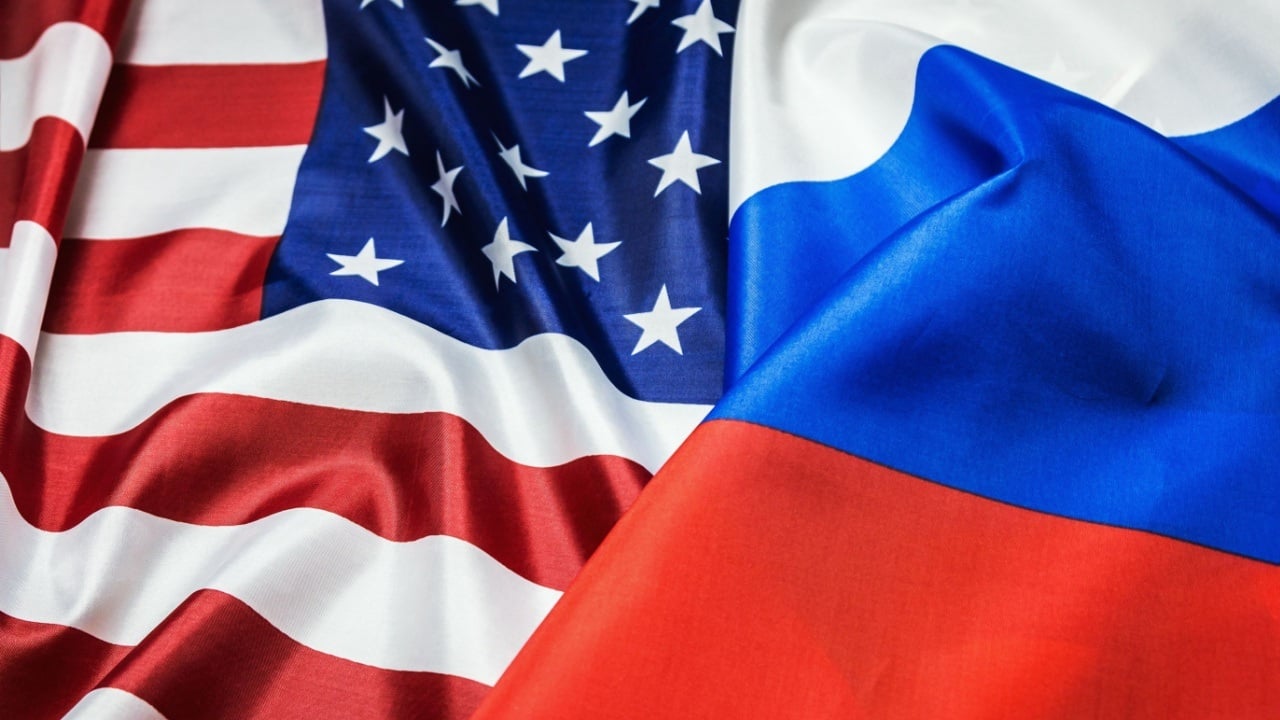




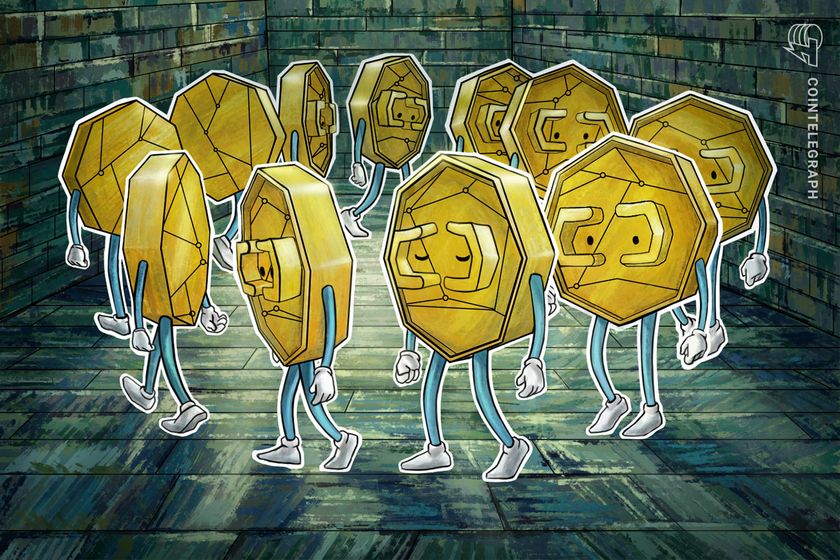




















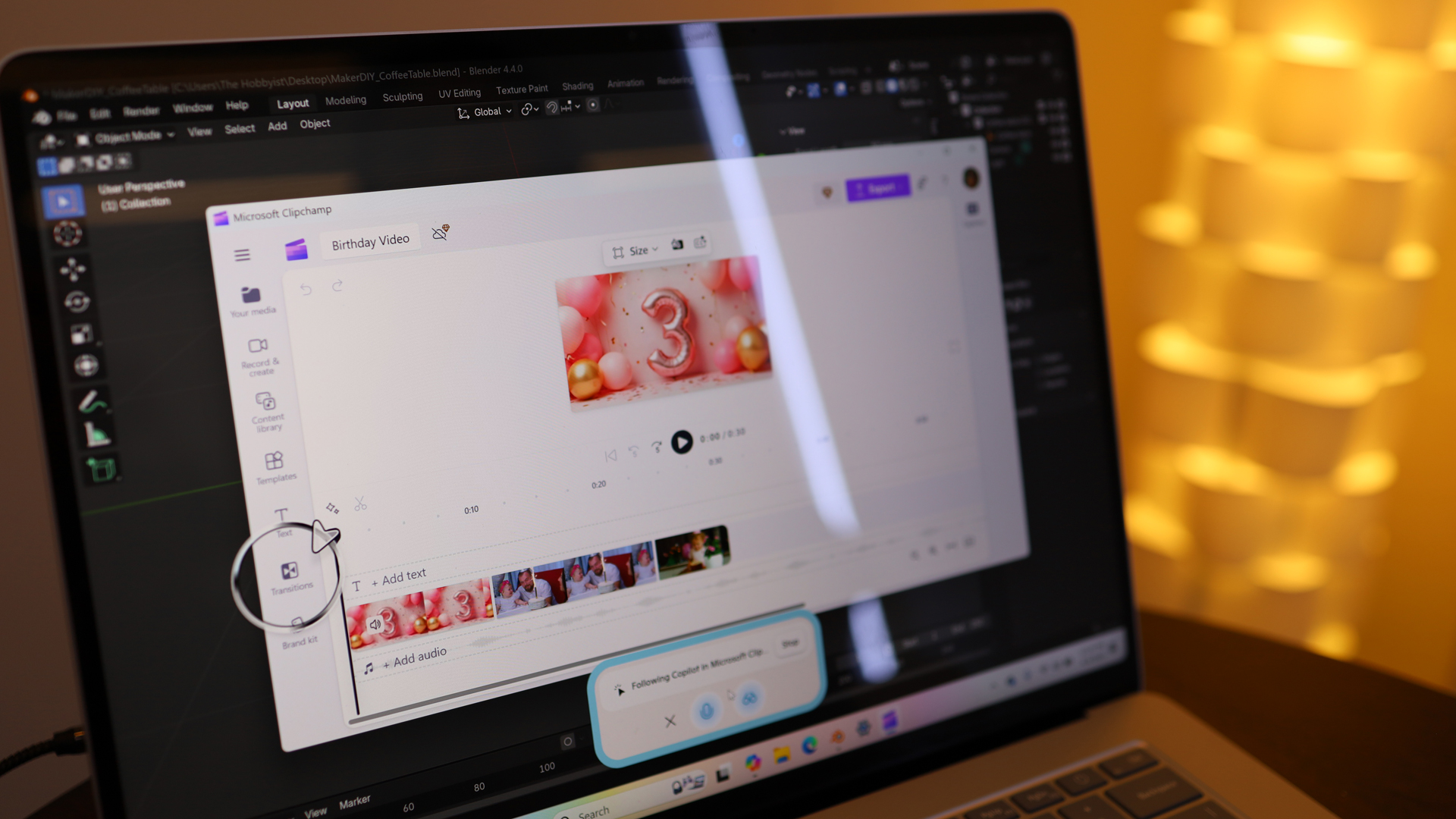






































.jpg)
%20Abstract%20Background%20112024%20SOURCE%20Amazon.jpg)









